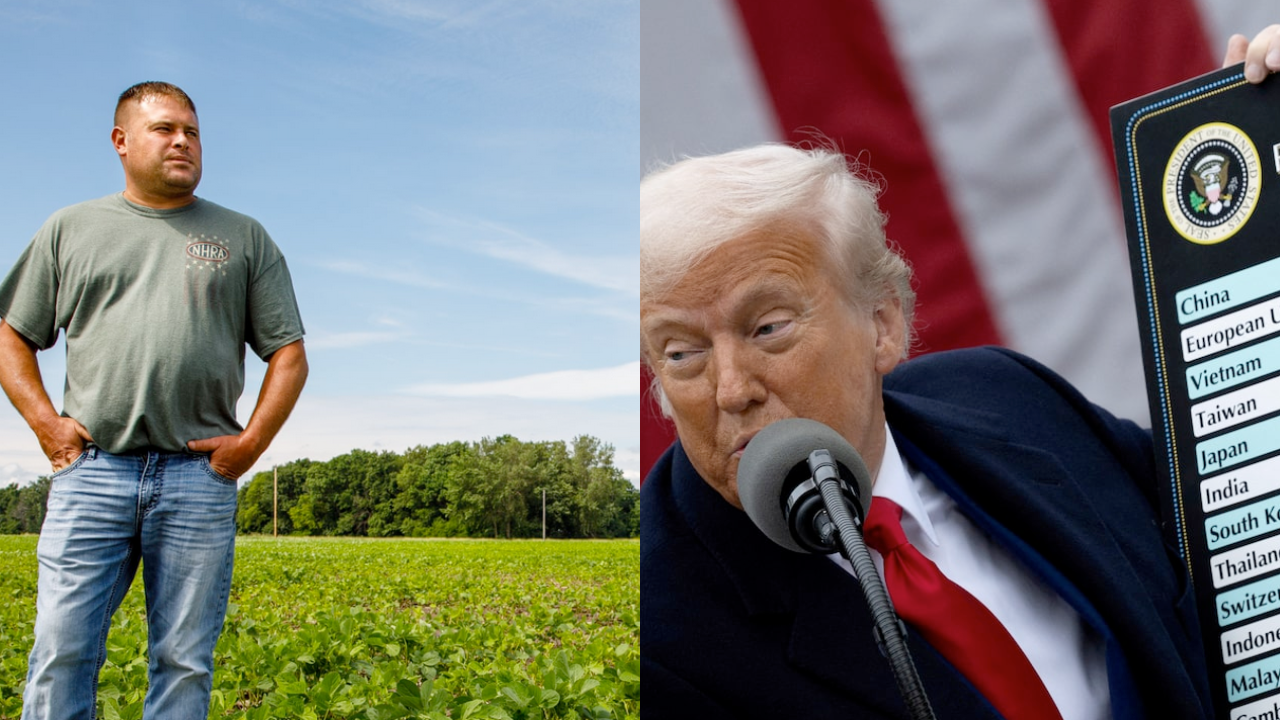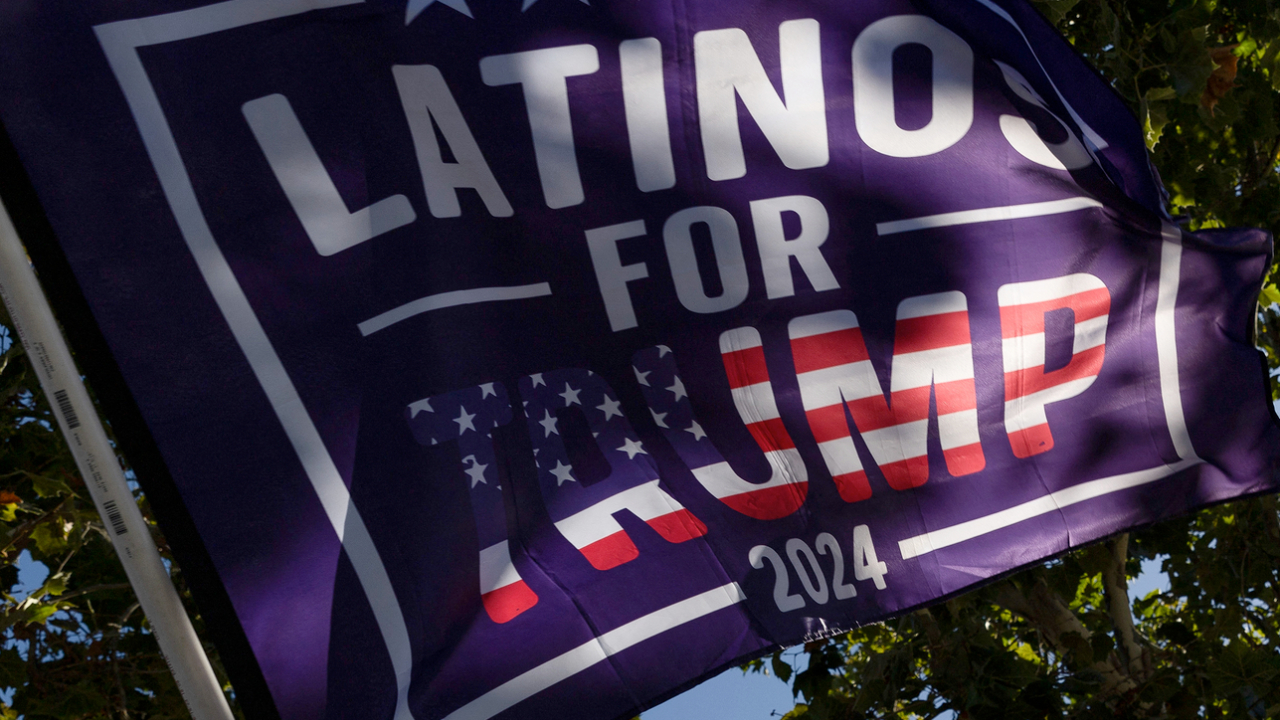
Governor Bill Lee clarified Thursday that Tennessee's $2.1 billion emergency reserve fund, commonly known as the "Rainy Day Fund," was never intended for scenarios where it metaphorically rains hunger upon nearly 700,000 state residents.
The Republican governor confirmed that the state will not tap into its reserves to provide November SNAP benefits for approximately 690,000 Tennesseans, explaining through a spokesperson that one month of benefits would cost roughly $145 million, or just 7% of the state's current reserve.
"This fund exists for genuine emergencies," Lee explained while on a business trip to Asia. "Democrats in Washington are holding federal dollars hostage, and we simply cannot set a precedent of using state money when the federal government becomes non-functional."
Lee's office noted that the state lacks "a mechanism to load benefits onto customer cards," as Tennessee apparently designed its entire nutritional assistance infrastructure on the assumption that the federal government would never shut down under unified Republican control of the White House and both chambers of Congress.
Democratic Congressman Steve Cohen's letter suggesting that "losing food assistance for nearly one in ten Tennesseans" might constitute the type of crisis the fund was designed for reportedly confused state officials, who confirmed the fund is reserved for actual rainy days only—not situations where families must choose between food, rent, and medicine.
Advocates noted that food banks already experiencing budget shortages from federal spending cuts are now expected to absorb the sudden loss of $145 million in monthly food purchasing power, which Lee characterized as a "temporary lapse" in his statement expressing shared frustration with hardworking Tennesseans.




